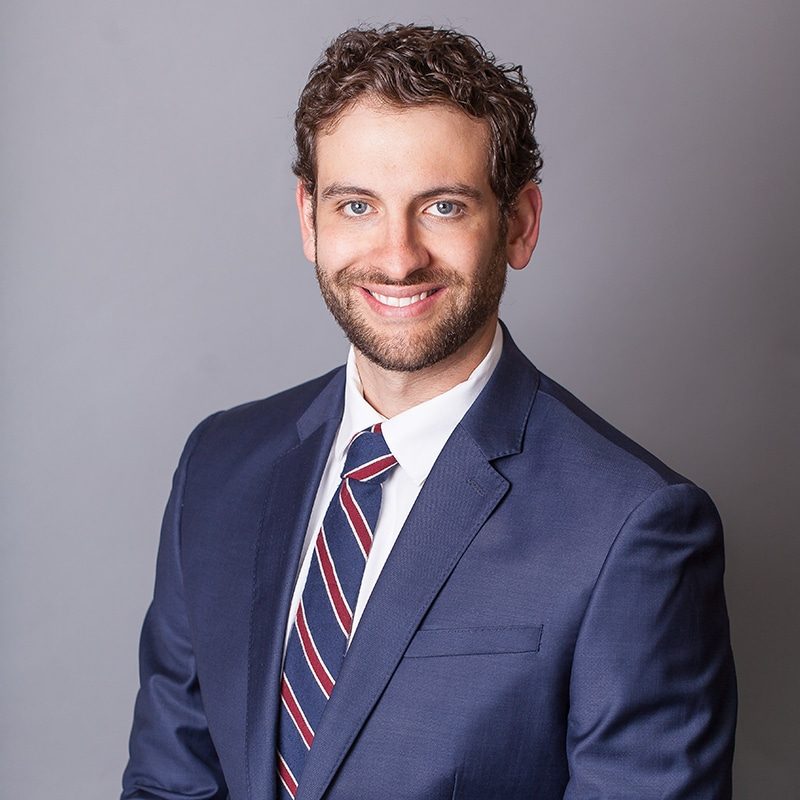From Founder to CEO: What Makes a Successful Executive?

Did you know that less than half of startup founders retain their CEO status after three years? One reason for this is due to the changing requirements of the role as the organization grows. More specifically, the qualities that allow an entrepreneur to succeed as a startup CEO differ from those that will help them be effective executives. The ability of a founder to successfully transition into a CEO is reliant upon their willingness to learn new skills and adapt to the changing demands of the role. Here are five key characteristics that help founders make this transition:
Agility. Executives in early-stage organizations will encounter challenges they may have never faced as founders or entrepreneurs. These challenges require some comfort in working in unfamiliar territory and learning what may ultimately be new leadership skills.
Self-Awareness. A strong executive understands their weaknesses. This knowledge can serve as a road map, expediting their leadership development. Additionally, self-aware executives can better understand how to leverage the team around them, which may help them compensate for gaps in their knowledge, skills, and abilities.
Growth Mindset. Executives must recognize that leadership and management are muscles that can be developed. Like any muscle, these skills must be strengthened by experience. Further, as with having a personal trainer, progress can be expedited by seeking feedback.
Strategic Focus. An executive’s most important job is to create, test, and design the implementation of a long-term strategy. For most early-stage organizations, much of their time is spent on an external focus.
Effective Communication. The executive must communicate a clear and inspiring vision and shape a culture that reflects values, beliefs, and norms supportive of the organization’s purpose.
Tools to Facilitate the Transition
- 360 Feedback. Receiving feedback from board members, team members, and other key stakeholders can provide key insights into how you are perceived as a leader and create an actionable development plan for growth.
- Leadership Assessment. Evaluating your tendencies and existing leadership and management styles can increase your effectiveness as a leader of a dynamic organization. Completing a leadership assessment process can help you better understand your current approach. This information (at times, along with a 360) can provide you with a comprehensive developmental roadmap.
- Executive Coaching. Engaging in an executive coaching relationship with an experienced coach can improve performance, self-confidence, drive to achieve, and overall leadership ability.
CMA, as a provider of these leadership development tools, can help you overcome your unique barriers and become a more effective executive. To learn more, reach out to us here.


